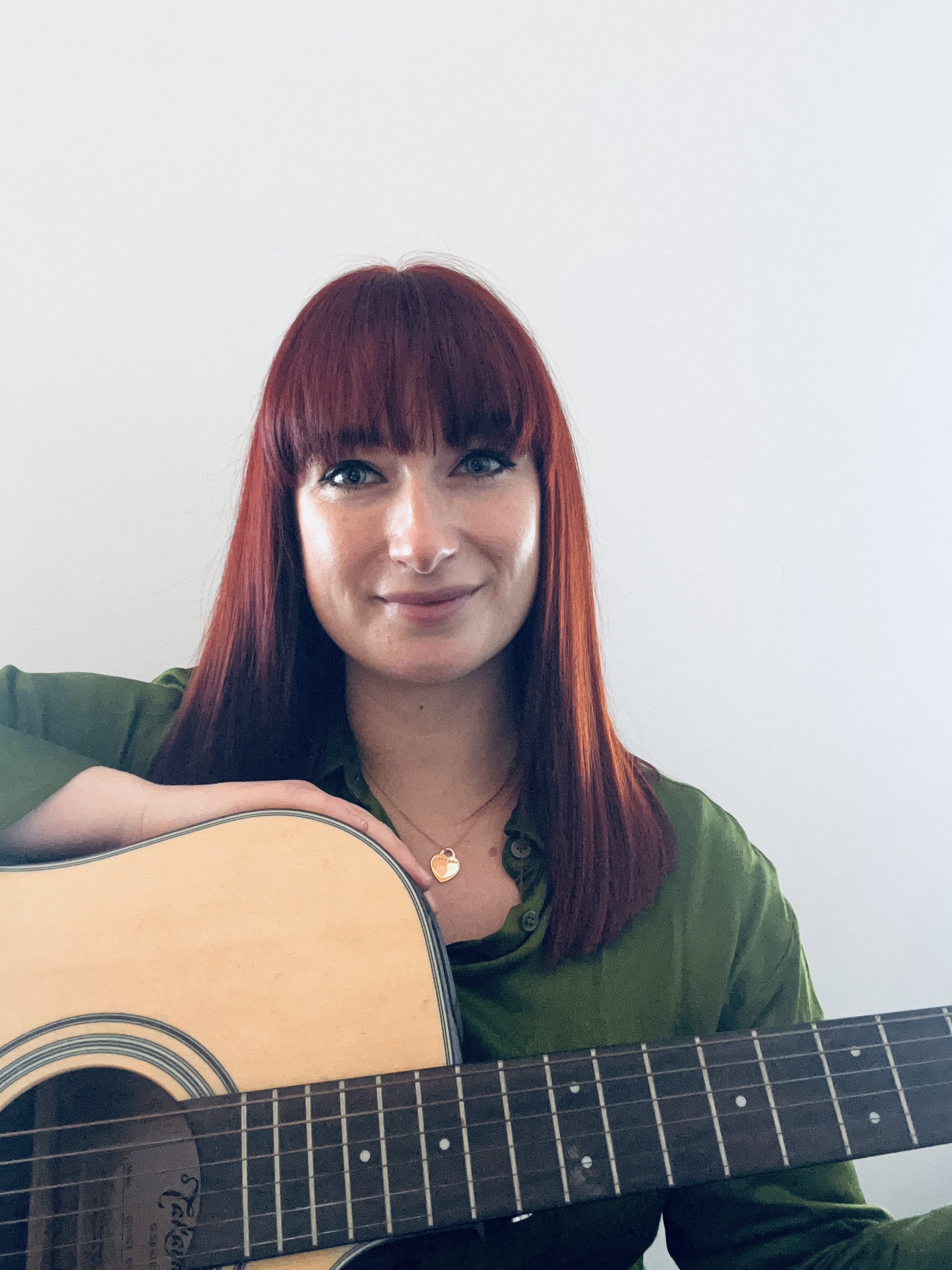What is Music Therapy?
The British Association for Music Therapy (BAMT) defines Music Therapy as:
“...a psychological clinical intervention delivered by HCPC-registered Music Therapists to help people whose lives have been affected by injury, illness or disability through supporting their psychological, emotional, cognitive, physical, communicative and social needs.”
How it can help
Music Therapy can support individuals in many ways. The over-arching aims of Music Therapy are to support a person’s emotional wellbeing, creativity, and self-expression.
Reasons for referral to Music Therapy (children):
Children that are experiencing low mood, are withdrawn and isolated
Children with developmental delay
Emotional and behavioural difficulties
Music Therapy to support attachment and bonding with parents and caregivers
Children with Special Educational Needs
Reasons for referral to Music Therapy (adults):
Loss
Depression
Trauma
Low mood
Relationship difficulties
Music Therapy is accessible to all and there are no limitations. You do not need to know how to play an instrument. Though, you might like and enjoy playing or listening to music.
Who it can help
As music is pre-verbal, Music Therapy is particularly effective for those who have difficulty communicating verbally, though words are often used in the therapy. Music Therapists are Allied Health Professionals that work in a variety of different client groups and settings:
Children and Young People (including mainstream, SEN education, PRUs and looked after children/young people)
Adults with Learning Disabilities
Autistic Spectrum Conditions
Children and Adolescents in Mental Health Settings
Older Adults
Neuro-disability
Adopted children and families
Parents and their infants
Children with Physical Health Needs

